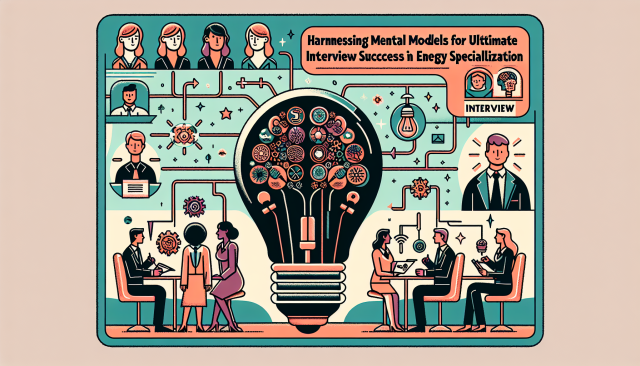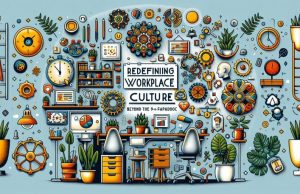Mastering the Humanitarian Job Hunt: Strategic Pathways for NonProfit Leaders
Mastering the Humanitarian Job Hunt: Strategic Pathways for NonProfit Leaders
In the dynamic world of nonprofits, the path to leadership is paved with passion, purpose, and the pursuit of creating meaningful change. However, navigating the job market for NonProfit Management roles requires a strategic approach distinct from the corporate sector. This blog serves as a roadmap for nonprofit professionals aspiring to harness their unique skills and values to secure impactful roles in this mission-driven domain.
Understanding the Nonprofit Landscape
Before embarking on a job search, it is crucial to delve deep into the nonprofit sectors ecosystem. Unlike the private sector, nonprofits prioritize social impact over profits, which necessitates a unique set of competencies including empathy, adaptability, and resilience. Understanding sector trends, funding landscapes, and organizational challenges can provide crucial insights into potential opportunities and areas for growth.
Crafting a Purpose-Driven Resume
The heart of every nonprofit role is purpose, making it imperative to reflect this in your professional narrative. Tailor your resume to highlight experiences that align with nonprofit values. Emphasize achievements that showcase your ability to drive social impact, manage resources efficiently, and lead diverse teams towards a common mission. Quantifying impact with metrics, such as “increased donor engagement by 30%” or “successfully managed a $500k project”, can add credibility and clarity to your experience.
Building a Network with Intent
Network with individuals who share your values and interests in the nonprofit sphere. Attend sector-specific conferences, webinars, and workshops to meet potential employers and mentors. Engage on platforms like LinkedIn by sharing insights, articles, and joining groups centered around nonprofit management. Remember, building authentic relationships takes time and genuine interest in others’ missions and stories.
Developing a Persuasive Personal Brand
Your personal brand is a reflection of your values, passion, and professional promise. Develop a clear, consistent message across your professional profiles, showcasing your commitment to societal change. Whether through a blog, a professional portfolio, or public speaking engagements, establish yourself as a thought leader in your area of passion within the nonprofit sector.
Preparing for Values-Aligned Interviews
Nonprofit interviews often delve deeper than traditional interviews into personal values and motivations. Be prepared to articulate not just your professional qualifications, but also the personal experiences that have shaped your commitment to the sector. Research the organizations mission and recent projects to discuss how your skills and experiences are tailored to their needs and aspirations.
Navigating Organizational Culture
Every nonprofit has a distinct culture, often influenced by its mission, funders, and community. During the job search, assess the organizational culture to ensure alignment with your work style and values. Speak with current or past employees and observe how the organization’s values manifest in their day-to-day operations.
The Role of Continued Learning
Stay abreast of the latest trends, tools, and strategies in nonprofit management. Enroll in online courses, attend workshops, and read industry publications to enhance your skill set. Lifelong learning not only improves your job prospects but also equips you to effectuate greater impact in your role.
Conclusion: Vision with Resilience
The art of job searching in the nonprofit sector intertwines professional expertise with a profound dedication to service. As nonprofit leaders, your journey is not just about finding a job, but about aligning lifes work with lifes purpose. Embrace resilience and vision as you navigate this path, remembering that each step taken with integrity brings you closer to a role where you can make a significant difference.































